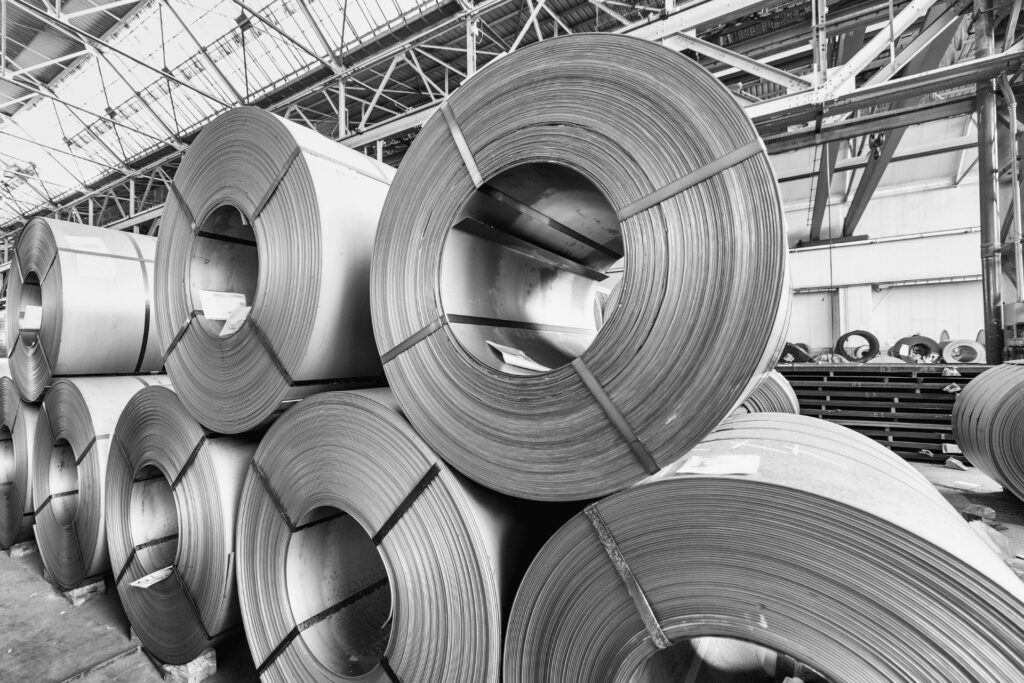RMI Introduces New Sustainable Aluminum Finance Framework to Propel Industry Decarbonization

|
Listen to this story:
|
RMI, in partnership with four leading banks — Citi, ING, Société Générale, and Standard Chartered — along with aluminum industry stakeholders, has developed a first-of-its-kind framework to enable banks to measure and disclose their lending portfolios’ aluminum-related emissions.
RMI announced the Sustainable Aluminum Finance Framework, the first climate-aligned finance framework for the aluminum sector, designed to help banks align financing decisions with their own decarbonization targets. This framework provides banks with the tools they need to measure, benchmark, and disclose the climate alignment of their aluminum lending portfolios in line with a 1.5°C scenario. The framework has been developed in collaboration with a working group of four banks; Citi, ING, Société Générale, and Standard Chartered. Over the course of a year, the working group consulted with leading aluminum producers and organizations, including the International Aluminum Institute and the Aluminum Stewardship Initiative to create consistency and transparency in both measuring and reporting progress against climate targets.
The aluminum sector—responsible for roughly 2% of GHG emissions—has a complex emissions landscape with a wide range of emissions intensities. Demand for aluminum is only expected to increase as it is also a crucial material needed for the low-carbon transition. Therefore, the sector needs to grow and decarbonize in parallel to meet the needs of a 1.5°C world. Decarbonizing aluminum will rely on switching to clean sources of power, increasing rates of recycling, improving material efficiency, and deploying breakthrough technologies—all of which require financing.
“Aluminum is a key material in the development of the electric vehicles and renewable energy infrastructure the world will need to transition to a future focused on lower carbon emissions. That future hinges on collaboration. Thanks to RMI’s leadership and vision, the Sustainable Aluminum Finance Framework will bridge this need by making it easier for banks and aluminum producers to work closely on solutions to drive decarbonization.” – Louis Langlois, Senior Vice President and Treasurer – Alcoa Corp, President – Alcoa Canada.
Similar to other frameworks completed for steel (Sustainable Steel Principles) and shipping (Poseidon Principles), financial institutions that adopt the framework will be able to assess the emissions of their aluminum loan books and work with their clients to report their emissions, fund lower-carbon solutions, and support investments in new technologies. Benefits of the Sustainable Aluminum Finance Framework include:
- Account for the wide range of starting points in emissions intensity across the sector by tailoring benchmarks to company and portfolio baselines.
- Assess the alignment of electricity and other emissions separately to account for progress on different decarbonization levers.
- Assess primary and recycled aluminum processes separately to recognize improvements in primary production emissions intensity independently from the growing recycling market.
Related Article: RMI Report: Wind and Solar To Produce Over a Third of Global Power by 2030
“This is a huge step forward to decarbonize aluminum production,” said RMI Director, Estefania Marchan. “This comprehensive and harmonized tool for banks will support finance to better engage with clients to create new economic opportunities”.
The Framework is available free and can be downloaded here. Financial institutions looking to assess the emission intensity of their aluminum loans relative to a net-zero pathway are encouraged to reach out to RMI with any questions.








